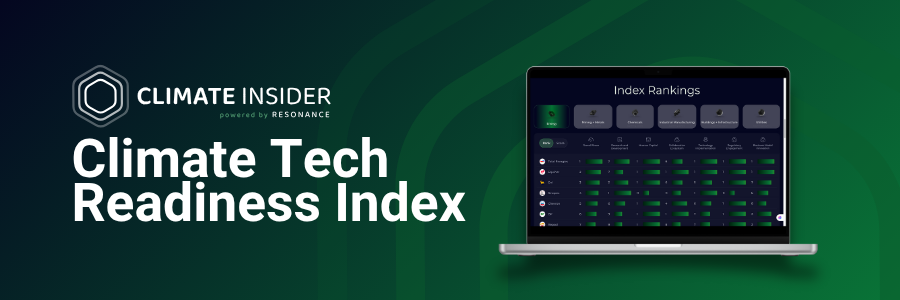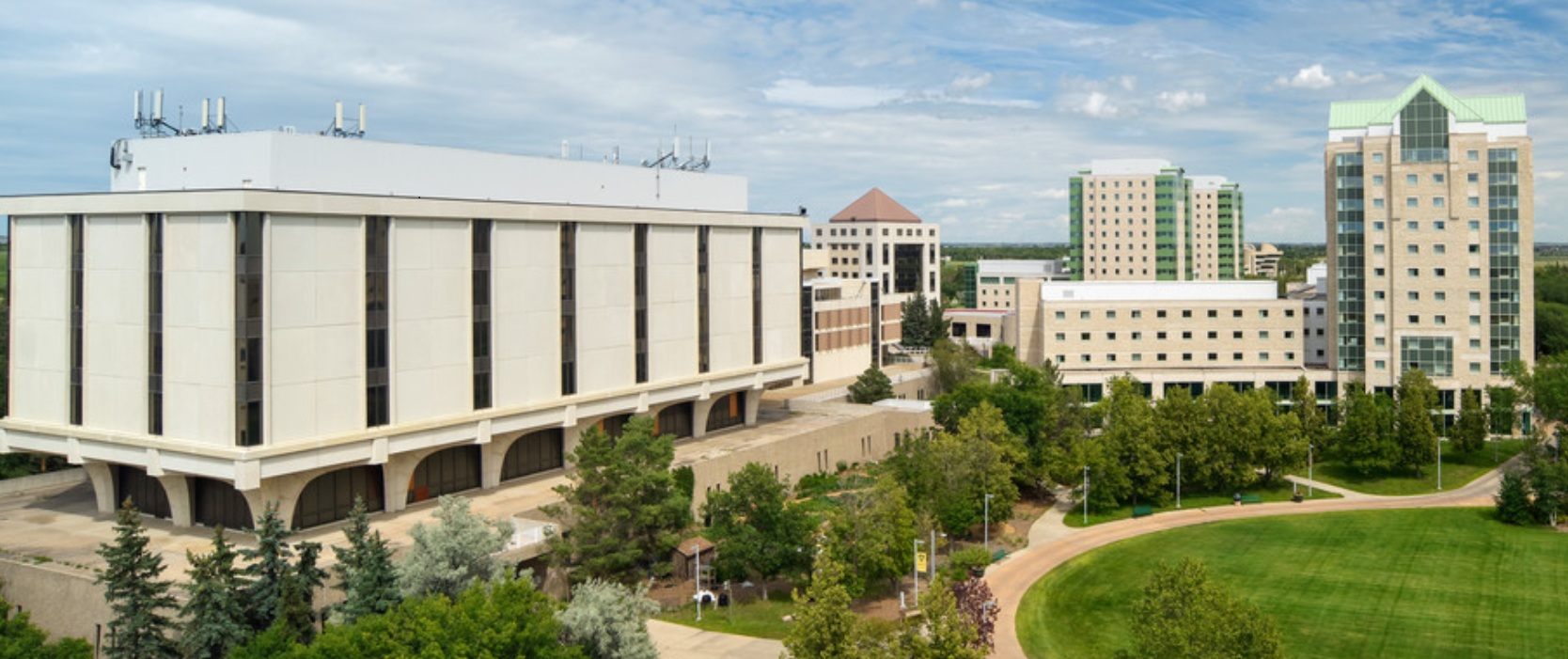In the evolving landscape of climate tech, women researchers and innovators are leading the charge, driving essential developments to address global climate challenges. Their contributions span diverse fields—from renewable energy advancements to AI-driven climate modeling—turning complex data into impactful solutions. These leaders are crafting tools that policymakers, businesses, and communities rely on for informed, effective action.
The urgent global push for sustainable solutions demands forward-thinking research, and women are at the helm of this transformative work. They’re breaking new ground in carbon capture technology, energy storage solutions, and climate finance. By spearheading interdisciplinary teams, women researchers are advancing both the science and practical applications of climate technologies, pushing the boundaries of what’s possible in the fight against climate change.
Here is the Climate Insider’s list of 15 women leading innovation in climate tech research in 2024.

1. Dr. Katherine Hayhoe, Chief Scientist at The Nature Conservancy
About Katherine Hayhoe
Dr. Katherine Hayhoe is a world-renowned climate scientist and an influential voice in climate communication. She serves as the Chief Scientist for The Nature Conservancy and is the Paul Whitfield Horn Distinguished Professor at Texas Tech University, where she holds the Political Science Endowed Chair in Public Policy and Public Law. With decades of experience, Hayhoe’s interdisciplinary approach bridges climate science with societal impacts, earning her recognition as one of Time Magazine’s 100 Most Influential People and FORTUNE’s World’s Greatest Leaders.
2. Dr. Erica Smithwick, Distinguished Professor at Penn State University
About Erica Smithwick
Dr. Erica Smithwick is a Distinguished Professor of Geography and an expert in landscape and ecosystem ecology at Penn State University. She directs the Earth and Environmental Systems Institute and serves as Associate Director of the Institute of Energy and the Environment. With a focus on wildfires, extreme flooding, and forestry science, Smithwick’s work is instrumental in addressing climate impacts and resilience strategies across diverse ecosystems.
3. Dr. Lisa Patel, Executive Director of the Medical Society Consortium on Climate and Health
About Lisa Patel
Dr. Lisa Patel is a physician and the Executive Director of the Medical Society Consortium on Climate and Health. Based in California, she leads the Climate Ready Schools Coalition, which is dedicated to transforming schools into sites of climate resilience and decarbonization. Patel’s leadership in health and education brings together diverse stakeholders to address infrastructure challenges related to climate impacts.
4. Dr. Claudia Benitez-Nelson, Associate Dean at the University of South Carolina
About Claudia Benitez-Nelson
Dr. Claudia Benitez-Nelson is a leading expert on oceanic carbon cycles and extreme weather. She serves as Associate Dean and Carolina Distinguished Professor at the University of South Carolina. Benitez-Nelson’s research focuses on carbon absorption in oceans and its effects on ecosystems. She is also a member of the White House Committee for Ocean Policy and leads a DOE-funded project investigating oceanic carbon dynamics.
5. Dr. Joellen Russell, Distinguished Chair of Integrative Science at the University of Arizona
About Joellen Russell
Dr. Joellen Russell is a dynamic researcher and Professor at the University of Arizona’s Department of Geosciences, where she holds the Distinguished Chair of Integrative Science. Specializing in climate and earth system modeling, she develops metrics for simulating climate and carbon cycles across time periods, providing critical insights into future climate predictions.
6. Dr. Sierra Peterson, Professor at the University of Michigan
About Sierra Peterson
Dr. Sierra Peterson is a tenured professor at the University of Michigan, where she studies historical climate and ocean conditions using geochemical signals preserved in fossil materials. Her work focuses on how ocean temperatures have shaped ecosystems over time, offering valuable insights into climate change’s long-term impacts.
7. Dr. Tracey Holloway, Professor of Energy Analysis at the University of Wisconsin-Madison
About Tracey Holloway
Dr. Tracey Holloway is a Professor of Energy Analysis and Policy at the University of Wisconsin-Madison, jointly appointed by the Nelson Institute for Environmental Studies and the Department of Atmospheric and Ocean Sciences. Holloway leads research on the intersection of air quality, climate, and energy, with current projects focused on LNG export terminal impacts and low-cost air sensor networks.
8. Dr. Tamara Jane Zelikova, Chief Scientist at Carbon180
About Jane Zelikova
Dr. Jane Zelikova is an ecologist and the Chief Scientist at Carbon180, an organization dedicated to carbon removal solutions. Zelikova’s research encompasses soil carbon sequestration and carbon dioxide removal (CDR) technologies. A strong advocate for climate justice, she co-founded 500 Women Scientists and has worked extensively on solutions at the intersection of technology and ecosystems.
9. Dr. Jessika Trancik, Professor at MIT
About Jessika Trancik
Dr. Jessika Trancik is a Professor of Energy Studies at the Massachusetts Institute of Technology (MIT), where her research focuses on accelerating the transition to low-carbon energy technologies. Trancik develops models to assess the performance and cost-effectiveness of renewable energy technologies. Her influential work in energy systems modeling has helped inform policy on climate mitigation.
10. Dr. Leah Stokes, Associate Professor at UC Santa Barbara
About Leah Stokes
Dr. Leah Stokes is an Associate Professor of Environmental Politics at UC Santa Barbara and a renowned expert on energy policy and political behavior. Stokes’ research examines the political challenges to clean energy adoption, with a focus on the U.S. electricity sector. Her work has been widely published, and she serves as an advisor to policymakers on energy transitions.
11. Dr. Katharine Mach, Associate Professor at the University of Miami
About Katharine Mach
Dr. Katharine Mach is an Associate Professor at the University of Miami’s Rosenstiel School of Marine and Atmospheric Science. Her research investigates the risks and consequences of climate change, particularly as they relate to ecosystems and human communities. Mach has contributed to major climate assessments and is recognized for her work on climate risk and resilience strategies.
12. Dr. Emily Shuckburgh, Director of Cambridge Zero
About Emily Shuckburgh
Dr. Emily Shuckburgh is the Director of Cambridge Zero, the University of Cambridge’s climate change initiative, and a leading climate scientist. Her expertise spans climate science, energy systems, and sustainable policies. Shuckburgh advises both government and industry on pathways to net-zero emissions and has co-authored several key reports on the subject.
13. Dr. Valerie Masson-Delmotte, Co-Chair of IPCC Working Group I
About Valerie Masson-Delmotte
Dr. Valerie Masson-Delmotte is a distinguished climate scientist and the Co-Chair of the Intergovernmental Panel on Climate Change (IPCC) Working Group I, which focuses on the physical science basis of climate change. Her research centers on paleoclimatology and the impact of greenhouse gasses on Earth’s climate. Masson-Delmotte has been instrumental in drafting landmark IPCC reports, providing key scientific foundations for global climate negotiations.
14. Dr. Nilda Mesa, Director at Columbia University’s Urban Design Lab
About Nilda Mesa
Dr. Nilda Mesa is the Director of Columbia University’s Urban Design Lab and a leading expert in climate resilience, sustainability, and urban policy. With a career that spans public service, academia, and urban design, Mesa has spearheaded initiatives on decarbonization and resilience in cities, focusing on integrating sustainability into urban infrastructure and policy-making. She has previously served as New York City’s Director of Sustainability under Mayor Bill de Blasio.
15. Dr. Kristie Ebi, Professor of Global Health at the University of Washington
About Kristie Ebi
Dr. Kristie Ebi is a renowned expert in global climate change and its effects on public health, currently serving as a Professor of Global Health at the University of Washington. Her research focuses on the health risks of climate change, adaptation strategies, and the integration of climate and health data to inform policy. Ebi has contributed to multiple IPCC reports and advises governments and organizations on climate resilience and health risk management, making her a leading voice in this critical intersection of health and climate.








